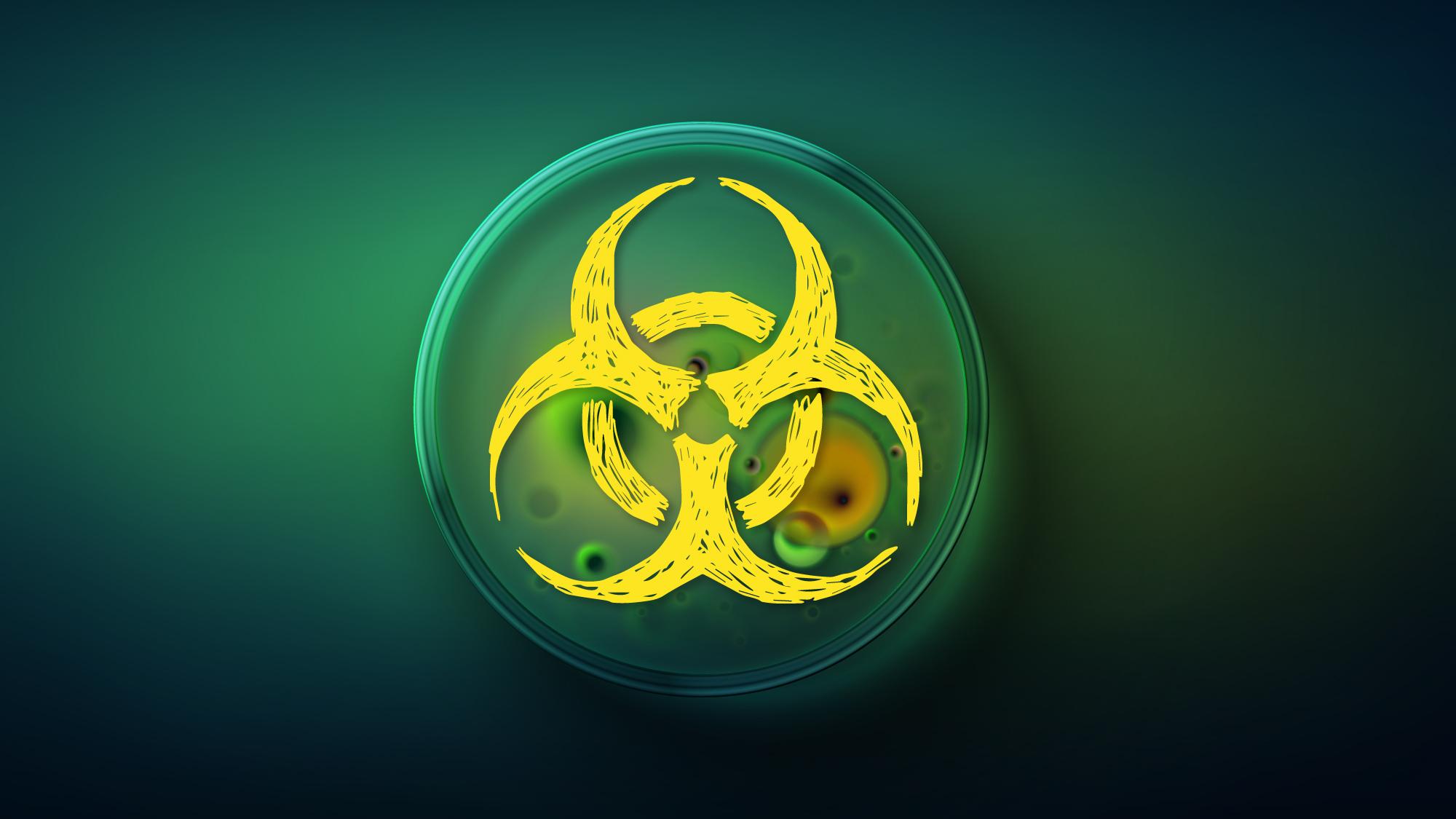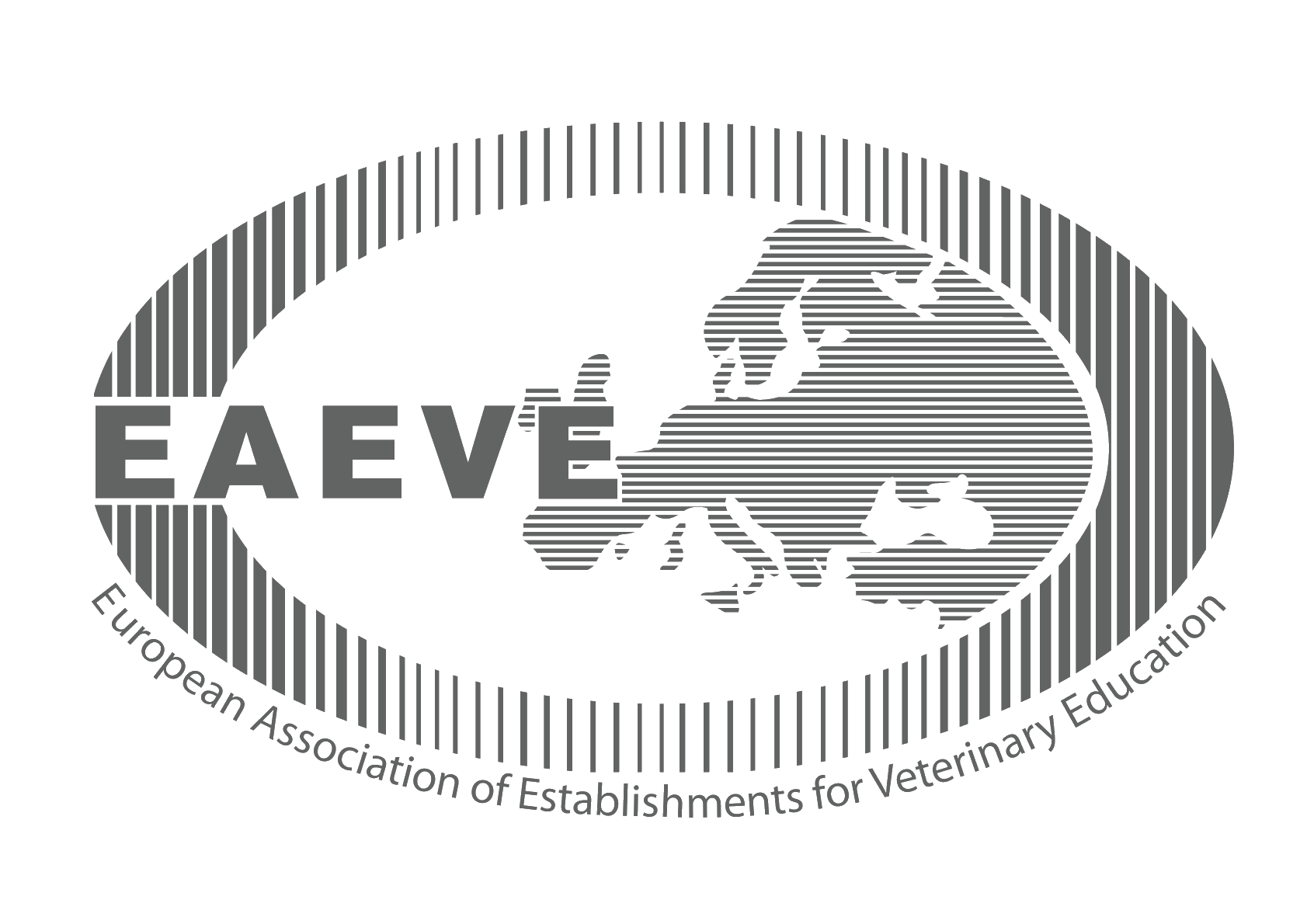International Summer School

Biosafety
Why a Summer School on Biosafety?
Do you want to contribute to animals’ health and welfare? Then you have to know as much as possible about biosafety!
We all know a bit about biosafety, but we are not aware enough of its scope and importance. Many questions about biosafety regarding different animal species and rearing facilities will be answered at our Summer School on Biosafety.
More Info
We invite vet students who are interested in the veterinary profession beyond its everyday frames/scope to join us at the Biosafety Summer School in Slovenia.
Knowledge on biosafety is needed by everyone involved in dealing with various harmful agents and diseases that they cause. The Biosafety Summer School is aimed at veterinary students who want to improve their applied biosafety knowledge in practical exercises.
As an interdisciplinary scheme, the summer school aims to contribute to the VetNEST members’ curricula as an elective course and allow veterinary students to gain knowledge on the topic within a total of 3 ECTS.
We are located in the centre of Europe, which gives us a strategic position at the crossroads of world cultures and different geographical features.
We are able to gather the best experts in the field of biosafety and demonstrate the application of biosafety measures in practice.
Topics
- The 5 principles of Biosecurity applied in practice
- Measuring biosecurity in the field and using this to advise farms towards a better biosecurity,
- Introduction to biosecurity, spread of disease agents,
- Use of biocides to ensure biosecurity
- Insects and rodents as biosecurity factors
- Drinking water quality and biosecurity,
- Transport and biosecurity,
- Legislative aspects of biosecurity,
- Civil protection (cp) importance and activities during natural disasters,
- Biosecurity in cattle farming, poultry breeding, pig farming, horse breeding, hunting grounds, beekeeping and fishing industry
- Biosecurity in small animal veterinary practice
Objectives
After completing the summer school, each participant will be able to critically evaluate and apply the necessary biosafety measures in order to increase practical and economic efficiency in their profession.
From September 15th till September 21st 2024.
-
A. Students of UL VF - free of charge*
-
B. Foreign CEEPUS Students - 50 eur (VAT incl.)**
-
C. Foreign Students without CEEPUS - 400 eur (VAT incl.)*
*Included: the whole summer school academic program with social program, lunches and coffee breaks
**Included: the whole summer school academic program with social program, lunches, coffee breaks and accommodation
Participants receive 3 ECTS after completing the summer school.
Programme
Sunday, September 15th 2024
| 17.00-18.00 |
Reception |
|
Monday, September 16th 2024
| 10.00-11.00 |
Additional reception and gathering of attendees |
|
| 11.00-11.15 |
WelcomeIntroduction of lecturers and goals of the summer school B. Jakovac Strajn (dean, Veterinary Faculty, University of Ljubljana) |
|
| 11.15-13.00 |
The 5 principles of biosecurity applied in practiceAssuring animal welfare and well-being when considering biosecurity J. Dewulf (Faculty of Veterinary Medicine, Ghent University) |
|
| 13.00-13.30 |
Coffee Break |
|
| 13.30-15.00 |
Measuring biosecurity in the field and using this to advise farms towards a better biosecurityBiosecurity assessment criteria, construction planning, renovating existing facilities in practice J. Dewulf (Faculty of Veterinary Medicine, Ghent University) |
|
| 15.00-16.00 |
Lunch Break |
|
| 16.00-17.00 |
Introduction to biosecurity,
|
|
Ljubljana sightseeing |
Tuesday, September 17th 2024
| 9.00-10.30 |
Use of biocides to ensure biosecuritySelection and use of biocides in heterogeneous microbial environments Insects and rodents as biosecurity factorsImportance of insects and rodents in transmission of pathogens M. Dobeic (Veterinary Faculty, University of Ljubljana) Basics of biosecurity programs and protocolsČrt Praprotnik (Animalis) |
|
| 10.30-11.00 |
Coffee Break |
|
| 11.00-12.30 |
Implications of biosecurity in food safetyA. Nagy (University of Veterinary medicine Budapest) |
|
| 12.00-13.30 |
Transfer to Ig – civil protection facilities and Lunch Break |
|
| 13.30-17.00 |
Legislative aspects of biosecurityAdministration for Food Safety, Veterinary Sector and Plant Protection (AFSVSPP) and biosecurity Damjana Grobelšek (AFSVSPP) Civil protection (CP) importance and activities during natural disastersSimulation: fire, transportable disinfection barriers CP lecturers Ecocid S in Biosecurity ProgrammsKatarina Svetičič Gobec (Krka) |
Wednesday, September 18th 2024
| 9.00-10.30 |
Biosecurity in cattle farmingSlovenian farms, national disease status, assessing and implementing biosecurity measures J. Ježek (Veterinary Faculty, University of Ljubljana) |
|
| 9.30-10.00 |
Biosecurity in poultry breedingSlovenian farms, national disease status, assessing and implementing biosecurity measures O. Zorman Rojs (Veterinary Faculty, University of Ljubljana) |
|
| 10.00-10.30 |
Biosecurity in pig farmingSlovenian farms, national disease status, assessing and implementing biosecurity measures T. Šteferl (Veterinary Faculty, University of Ljubljana) |
|
| 10.30-11.00 |
Coffee Break |
|
| 11.00-11.30 |
Biosecurity in horse breedingSlovenian farms, national disease status, assessing and implementing biosecurity measures M. Vengušt (Veterinary Faculty, University of Ljubljana) |
|
| 11.30-12.00 |
Transport and biosecurityTransport from a biosecurity standpoint, transmission of pathogens, prevention and sanitation M. Dobeic (Veterinary Faculty, University of Ljubljana) |
|
| 12.00-12.30 |
Biosecurity in beekeeping and fishing industrySlovenian facilities, national disease status, assessing and implementing biosecurity measures L. Žvokelj, A. Grilc Fajfar (Veterinary Faculty, University of Ljubljana) |
|
| 12.30-13.00 |
Biosecurity in small animal veterinary practiceMost common zoonoses, implementing biosecurity measures D. Pavlin, M. Škrbec (Veterinary Faculty, University of Ljubljana) |
|
| 13.00-14.00 |
Lunch Break |
Thursday, September 19th 2024
| 9.00-17.00 |
Field Trip - Kočevska RekaDisease outbreak simulation (personal protection, prevention of disease spreading) B. Dolenc (MORS, Slovenian Armed Forces) Š. Pintarič (Veterinary Faculty, University of Ljubljana) |
Friday, September 20th 2024
| 9.00-13.00 |
Field Trip - CSR VremščicaDiverse assignments (facilities status, critical points, improvements). O. Podpečan (Veterinary Faculty, University of Ljubljana) T. Malovrh (Veterinary Faculty, University of Ljubljana) |
|
| 13.00-14.00 |
Lunch Break |
|
| 14.00-17.00 |
Group work
|
Saturday, September 21st 2024
| 9.00-11.00 |
Group workSummary, give and take |
|
| 11.00-11.30 |
Coffee Break |
|
| 11.30-13.00 |
ClosingFinal discussion and feedback |
Registration
The deadline for applications is August 1, 2024.
The application form can be found at this link.
- In addition to the application, you must also register on the CEEPUS portal by July 31, 2024 and fill in the application for obtaining a CEEPUS scholarship for a summer school (for more information, contact your CEEPUS coordinator or the international office at your institution)
- We will inform 30 selected candidates no later than two weeks after the closing of applications (until 14 August 2024).
- Undergraduate veterinary students can apply.
Contact
Office for Research and International Affairs
Address |
Gerbičeva 60, SI-1000 Ljubljana | |
Phone |
+386 1 4779 332 | |
Fax |
+386 1 283 22 43 (Main Office) | |
|
|
vfinternational@vf.uni-lj.si |
Glavna navigacija
- Informativni dan
- Why to become a veterinarian?
- Undergraduate Studies
- Postgraduate studies
- Pripravništvo
- Summer Schools
- Continuous education
- Professional Development
- International Activity
- Mednarodna dejavnost - Tuji študentje
- The Path to Creative Knowledge
- Tutoring
- Extracurricular Activities
- Career Centres
- Alumni
- Student organizations and societies
- Quality Assurance
Location
Gerbičeva 60
SI-1000 Ljubljana
Slovenija
Sample Reception
Samples are received at several locations throughout Slovenia. See where.
The veterinarian on duty
Emergency veterinary assistance for dogs and cats and a telephone number of constant readiness.
Library
A wide selection of domestic and foreign professional literature in the field of veterinary medicine and other sciences.
Main navigation
-
Education
- Informativni dan
- Why to become a veterinarian?
- Undergraduate Studies
- Postgraduate studies
- Pripravništvo
- Summer Schools
- Continuous education
- Professional Development
- International Activity
- Mednarodna dejavnost - Tuji študentje
- The Path to Creative Knowledge
- Tutoring
- Extracurricular Activities
- Career Centres
- Alumni
- Student organizations and societies
- Quality Assurance
- Clinics
- Diagnostics
- Dobrobit
- NVI
- Research
- About us
- Hub



